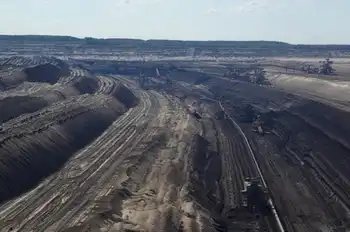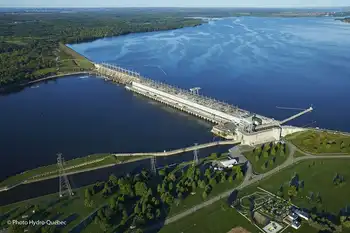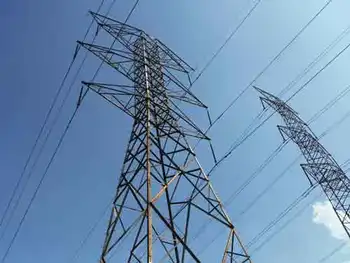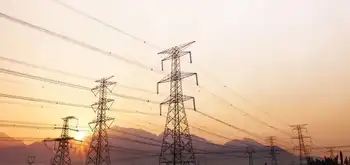Ottawa helps to purchase TTC hybrid buses
"It's the case of making something formal and that has been informal for some time," a city official said.
The federal funds match the $303.5 million the province committed in 2005-07 for Toronto transit improvements.
Of the 694 hybrid buses, 270 are already on the road or on order. The diesel-electric hybrids cost $734,000, compared with $500,000 for diesel buses.
Premier Dalton McGuinty blurted out the news at Queen's Park, under pressure from the opposition New Democrats, who want a "Buy Ontario" policy to ensure at least half of all new trains and buses are built here.
Outside the House, Transportation Minister Jim Bradley touted how much transit manufacturing is already going on in Ontario.
Bradley noted that 82 per cent of the province's Move Ontario 2020 plan for public transit in the GTA would be spent here.
The TTC received the first shipment of its new generation of energy-smart buses in December. The cleaner-burning, more fuel-efficient buses are being introduced as diesel buses are phased out.
Environmental benefits include 37 per cent fewer greenhouse gas emissions; 30-50 per cent fewer emissions of harmful particulates; nitrous oxide emissions cut by 30 to 50 per cent and 20 to 30 per cent less fuel.
Daimler-owned Orion Bus manufactures the TTC hybrids now on the road. The integrated chassis/body structure for each bus is assembled at the Mississauga factory then shipped to the Oriskany, N.Y., plant where seating, engines, transmissions, axles, electrical, heating and air conditioning are added.
The federal government has committed almost $1 billion to help reduce congestion, cut commute times and pollution, and improve the flow of goods in the GTA.
Related News
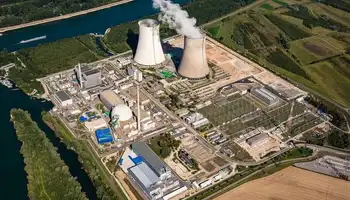
Coronavirus impacts dismantling of Germany's Philippsburg nuclear plant
BERLIN - German energy company EnBW said the coronavirus outbreak has impacted plans to dismantle its Philippsburg nuclear power plant in Baden-Wurttemberg, southwest Germany.
The controlled detonation of Phillipsburg's cooling towers will now take place in mid-May at the earliest.
However, EnBW said the exact demolition date depends on many factors - including the further development in the coronavirus pandemic.
Philippsburg 2, a 1402MWe pressurised water reactor unit permanently shut down on 31 December 2019.
At the end of 2019, the Ministry of the Environment gave basic approval for decommissioning and dismantling of unit 2 of the Philippsburg nuclear power plant, inluding explosive demolition…


